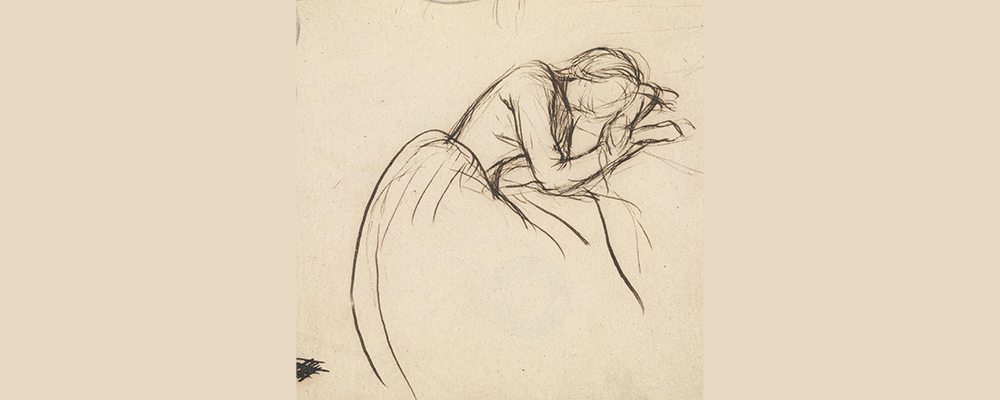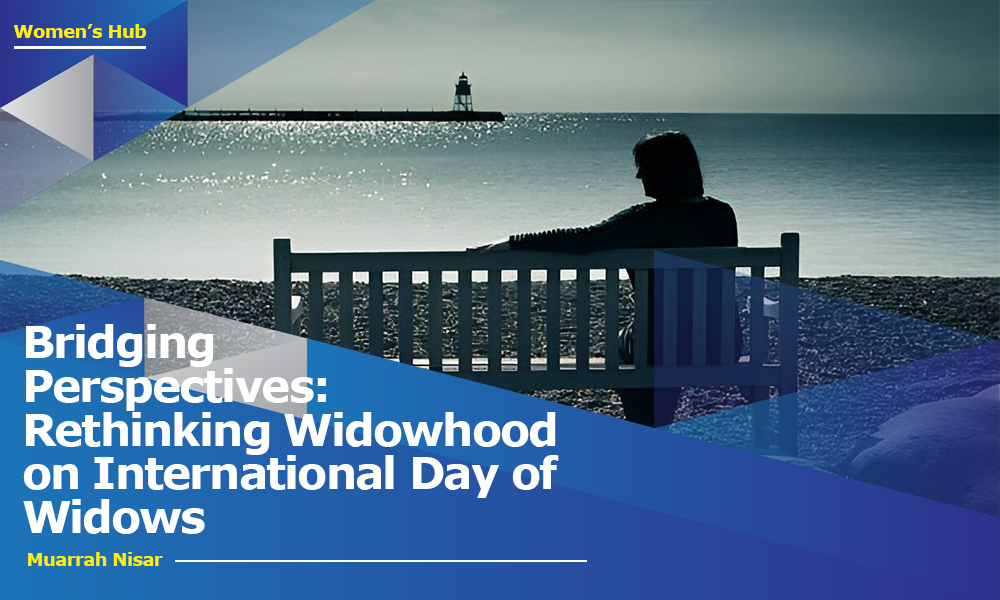Testimonial

As we commemorate the International Day of Widows, a day of global significance dedicated to raising awareness about the challenges faced by widows worldwide, let us pause to reflect on the profound insights offered by Islamic teachings into the lived experiences of widows. These teachings invite a paradigm shift in our understanding and response to their plight. In a world where widowhood is often synonymous with vulnerability and marginalisation, this day presents a crucial opportunity to reframe the narrative and embrace a perspective rooted in compassion, justice, and solidarity.
Amidst the sea of challenges faced by widows in contemporary society, let us turn to the timeless wisdom of Islam, which offers a beacon of hope and guidance for navigating the complexities of widowhood. In Islam, widows are not mere recipients of charity or objects of pity; they are valued members of society deserving of utmost respect, care, and support.
On this International Day of Widows, let us look beyond the surface and delve into the profound teachings of Islam, which illuminate a path towards greater dignity, empowerment, and inclusion for widows. Rather than viewing widowhood through a lens of deficit and despair, let us embrace a perspective that celebrates widows’ resilience, strength, and contributions to our communities and societies. It is our collective responsibility to ensure their well-being and inclusion.
The aspect of widows remarrying is significant in Islamic history, particularly exemplified by the lives of sahabiyat (female companions of the Prophet Muhammad, pbuh). One notable example is Umm Salama (may Allah be pleased with her). After her husband, Abu Salama, passed away, she faced hardships as a widow. However, she remarried Prophet Muhammad (peace be upon him), demonstrating the acceptance and encouragement of widow remarriage in Islam.
Another example is Umm Waraqah (may Allah be pleased with her), a widow and literate woman during the time of the Prophet Muhammad (peace be upon him). She remarried after her first husband passed away, highlighting the social acceptance and support for widows seeking companionship and marriage.
These examples from the lives of sahabiyat illustrate the importance of supporting and encouraging widow remarriage in Islamic society. This provides widows with emotional and social stability while upholding their rights and dignity.
Furthermore, Islamic jurisprudence safeguards the rights of widows, ensuring their entitlement to inheritance, property rights, and financial support. This equitable distribution of wealth serves as a bulwark against exploitation and economic vulnerability, enabling widows to maintain their autonomy and dignity.
Moreover, Islam emphasises the importance of emotional and psychological care for widows, urging believers to offer solace, companionship, and encouragement in their time of grief. The Prophet Muhammad (peace be upon him) exemplified this compassion in his interactions with widows, demonstrating the profound respect and care society owes them.
On this International Day of Widows, let us embrace a different perspective that celebrates widows’ resilience, strength, and contributions, guided by the principles of compassion, justice, and solidarity embodied in Islamic teachings. Let us recognise every widow’s inherent dignity and worth, irrespective of race, religion, or social status, and pledge to work tirelessly towards creating a more just, inclusive, and compassionate society for widows everywhere. Our empathy and understanding can make a significant difference in their lives.


0 Comments